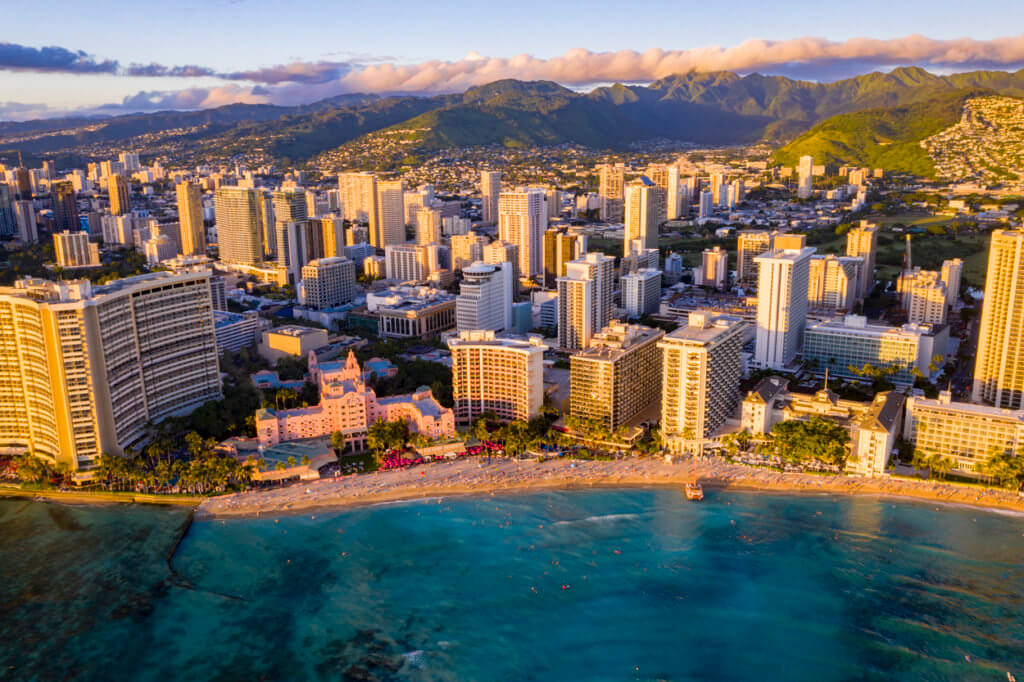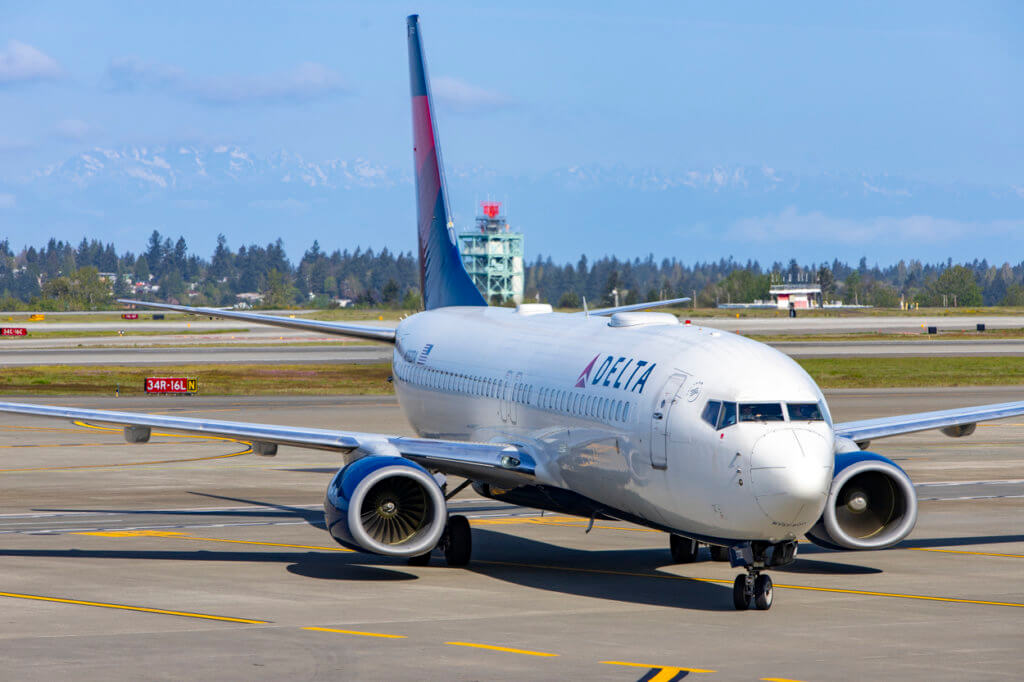So far, all my coronavirus coverage has revolved around airlines. But, hotels (obviously) play a large role in travel too. So here’s what you need to know about hotels and COVID-19. That said, airlines are loosening rules more too.
Hotels and COVID-19: Cancellations
As things continue to evolve, I’m sure hotel rules will as well. But, as it stands, hotels are being a bit more restrictive than airlines in terms of cancelations. Of course, hotel cancelation policies only apply to prepaid rates and within a certain number of days prior to check-in. So, here’s what to expect.

Accor
This large European hotel group includes brands like Fairmont, SLS, Delano, Raffles, Swissotel, and more. And, for its modified policy, Accor is allowing modifications or cancelations at all properties in China, Taiwan, and South Korea through March 31, 2020.
Hilton
Hilton has modification and cancelations waivers available under the following conditions:
- For guests traveling to, through, or from China with stays from January 23 to March 31, 2020
- Guests traveling to, through, or from Italy/South Korea with stays from February 24 to March 31, 2020
- For guests traveling to, through, or from Saudi Arabia with stays from February 27 to March 31, 2020
Hyatt
Hyatt has a fairly restrictive policy that’s somewhat similar to Hilton’s. However, their policy is a bit more streamlined. And that policy says that cancelation fees are waived for all stays through March 31, 2020, for the following guests:
- guests residing in China, Japan, South Korea, and Italy at all Hyatt hotels globally
- guests with reservations at a hotel in China, Japan, South Korea, and Italy
IHG
Waivers provided by IHG Hotels are pretty restrictive too. It’s similar to Hyatt’s, but more tightly specifies dates. As a result, guests may modify or cancel their reservations without penalty under the following conditions:
- for guests traveling to or from China or Taiwan between January 23 and March 31, 2020
- for guests traveling to or from South Korea or Italy between February 28 and March 31, 2020
Marriott
The largest hotel operator in the world has, surprisingly, one of the most flexible waiver polices of the bunch. Specifically, Marriott is waiving change and cancelation fees through March 31, 2020, for all guests traveling from or to China, Taiwan, Japan, South Korea, French Polynesia, Maldives, India, Sri Lanka, Bhutan, Bangladesh, Nepal, Thailand, Myanmar, Cambodia, Vietnam, Malaysia, Singapore, Indonesia, Philippines, Australia, New Zealand, Fiji, New Caledonia, Samoa, and Italy.
Damn. That’s a large number of locations that’s valid under the current waiver. What’d you say, United?
MGM International
MGM has yet to announce any waivers, but as a COVID-19 avoidance measure, they are closing the buffets at the following properties:
- Aria
- Bellagio
- Excalibur
- Mandalay Bay
- MGM Grand
- Luxor
- The Mirage
The buffets at the above resorts are scheduled to close beginning March 15, 2020. No reopening date is given, with MGM officials stating that they’ll continue to evaluate the situation on a weekly basis.

Radisson
While Marriott has the most countries covered under its waiver, Radisson has the widest window. Specifically, they’re allowing free cancellations to any guests originating or staying in China, South Korea, Japan, Iran, and Northern Italy through April 30, 2020.
Wyndham
Well, Wyndham is Wyndham. And, as a result, the company has not made any changes to its waiver. So, for now, the waiver only applies to those traveling to or from China between January 22 and February 29, 2020. FAIL.
What Happens if You’re Stuck in a Hotel During a Quarantine?
This is something I’ve been wondering for a couple of weeks now. Especially if you’re subject to a government-mandated quarantine. Who pays for your accommodations? Thankfully, someone posed the question to Brian Cohen and he dug into it. Unfortunately, the answer is a bit complicated. And that’s just here in the US. After all, all such decisions are made by the CDC and are subject to the availability of funds.
Outside of the US, things vary once again. According to Brian, the government in Norway won’t pay for hotel stays during an official quarantine. The same appears to be true in Taiwan too.
By the way, if you think travel insurance is going to save you, the answer is most likely not. However, if you do decide to buy travel insurance, you’ll want to buy a policy that lets you cancel for any reason. These are typically more expensive, but it could be worth it to you. Oh, and this includes policies provided by credit cards.
Airlines Expand Change Fee Waivers
In a move that contrasts United’s own anti-customer decision, Delta is making it even easier to change your flight without a fee. Specifically, all flights between March 1 and April 30, 2020, with a ticket that was issued on or before March 9 are eligible for the fee waiver. You do, however, have to book and travel before December 31, 2020.

Delta’s relaxing of its rules, though, were quickly followed by others. As a result, most US airlines now have a similar waiver policy, including:
- Alaska: no booking limitations, but only valid for flights between March 1 and March 31, 2020
- American: no booking limitations, but only valid for flights between March 1 and April 30, 2020
- Hawaiian: no booking limitations, but only valid for flights between Mary 1 and April 30, 2020
- United: tickets issues up till March 2 for travel between March 9 and April 30, 2020
Hotels and COVID-19: What You Need to Know, Final Thoughts
Clearly, things aren’t going to get any better soon. In fact, it looks as if things will get much worse here in the US before we see any improvement. So, while some plan on continuing to travel, I’m going to be a bit more cautious. I’m planning on hopping over to Kauai in a couple of weeks, but I’m not sure about my upcoming Vegas and LA trip in April. That said, I’m haven’t prepaid for my hotel (I almost never do) and no waivers on offer for my flights yet, so I’m not making any decisions at this time. Rather, I’m going to ride things out for now and see how things are closer to. And, I think that’s what we should all look at doing for now.
